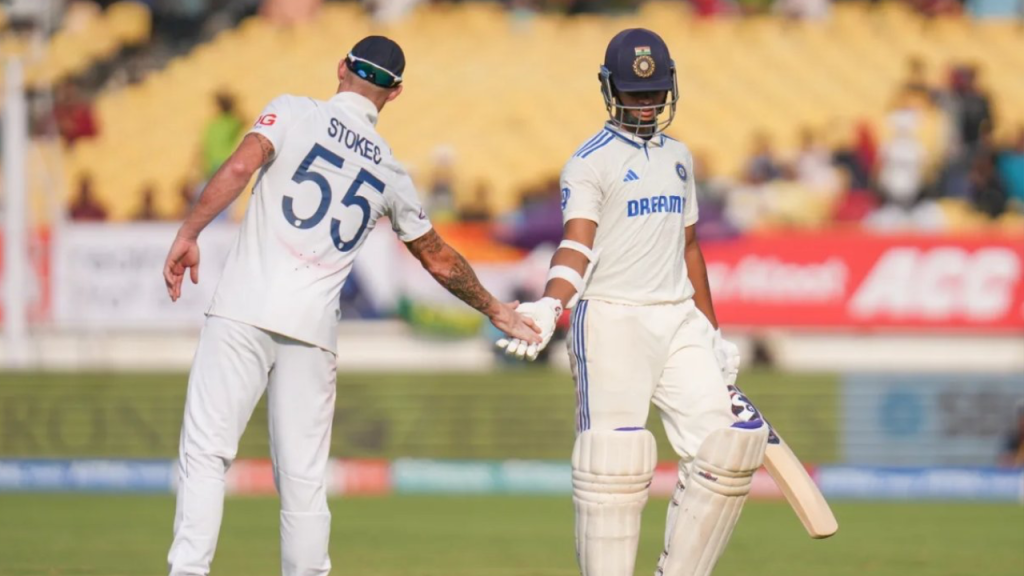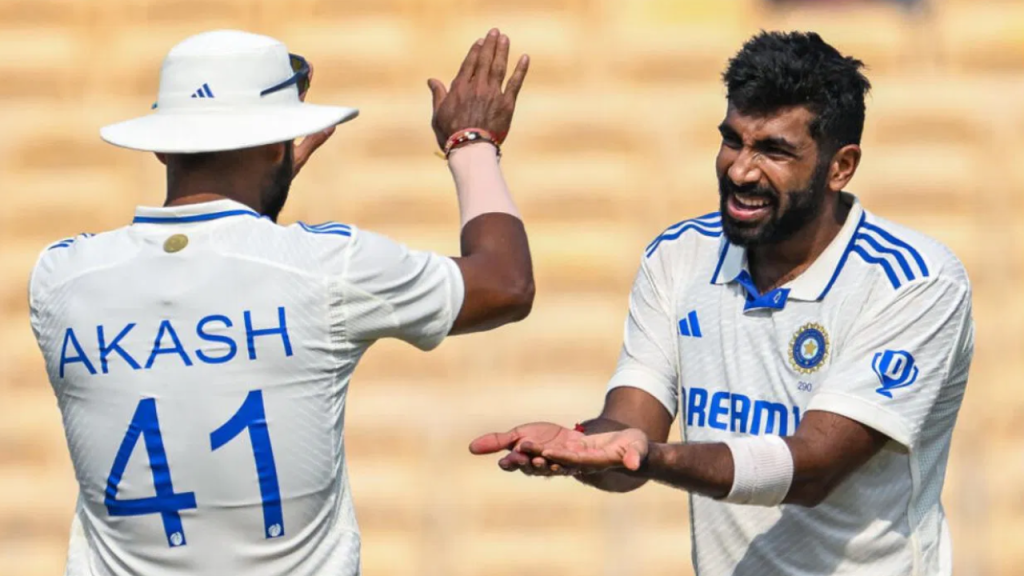Cricket, where every series win or loss writes a new chapter, the recent 3-0 whitewash of India by New Zealand at home has not only shocked the cricketing world but has also set the stage for intriguing discussions on team dynamics, especially in the context of upcoming battles. David Warner, a stalwart of Australian cricket, provided a profound perspective during the first ODI between Australia and Pakistan, reflecting on the psychological impact of this series loss on the Indian team, particularly their batting unit, as they prepare to face Australia.
Warner’s commentary, “What they’ve just done is absolutely outstanding, and credit to them,” wasn’t just an acknowledgment of New Zealand’s achievement but a subtle nod to the mental fortitude required to overcome such a setback. He pointed out, “I look back at that first Test that they played and they took some amazing catches and that sets the tone. If you are taking catches like that and you get that upper hand and you lead the series one-nil, it’s big.” This observation encapsulates the essence of cricket where momentum, once gained, can be a formidable weapon, especially in a series where psychological warfare plays as significant a role as physical prowess.
The implications of this series loss extend beyond the immediate results. David Warner ominously added, “And it helps the Australian guys. They’re coming out here after being beaten at home three-nil for five Tests against the Australian boys, (who have) three world class quicks and a world class spin bowler, and I’d be nervous if I’m in that batting order. I would be nervous.” This statement isn’t just about the physical challenge posed by Australia’s bowling attack but touches on the mental resilience required to face them, especially after a demoralizing defeat. The mention of Mohammed Shami’s potential return, alongside Jasprit Bumrah and Mohammed Siraj, underscores the quality of bowling India possesses, yet Warner’s focus on the batting order’s nervousness highlights the mental game that’s equally crucial in cricket.
Warner’s analysis doesn’t stop at the psychological aspect. He emphasizes the need for Australia’s top order to perform, stating, “The Australian top order needs to make runs.” This is not just a tactical insight but a reminder of the balance required in cricket. While the focus might be on India’s batting woes, the pressure is equally on Australia’s batsmen to capitalize on any perceived weakness in the Indian bowling or fielding, thereby maintaining the momentum they’ve built.
David Warner’s comments on the IND vs NZ whitewash and its implications for the upcoming series against Australia offer more than just a cricketing analysis; they delve into the psyche of the game. Cricket, especially at the international level, is as much about mental toughness as it is about skill. The Indian team, while undoubtedly skilled, faces a significant challenge in overcoming the psychological barrier erected by their recent defeat. Warner’s insights serve as a reminder of the multifaceted nature of cricket where strategy, skill, and mental fortitude intertwine. As India prepares to face Australia, the narrative isn’t just about reclaiming lost ground but about proving their mettle in the face of adversity, a challenge that could define their cricketing journey in the coming months.





